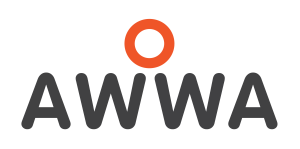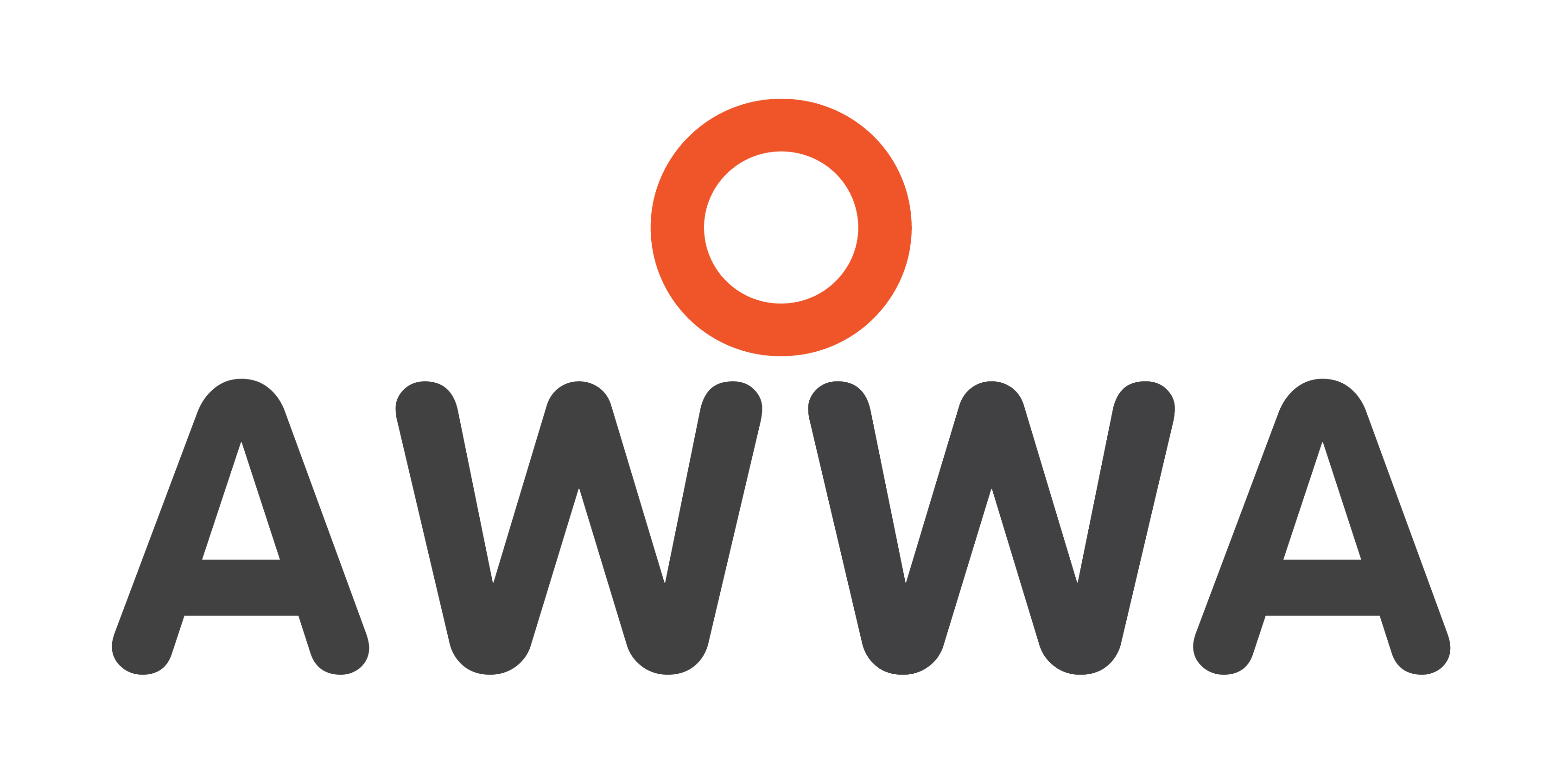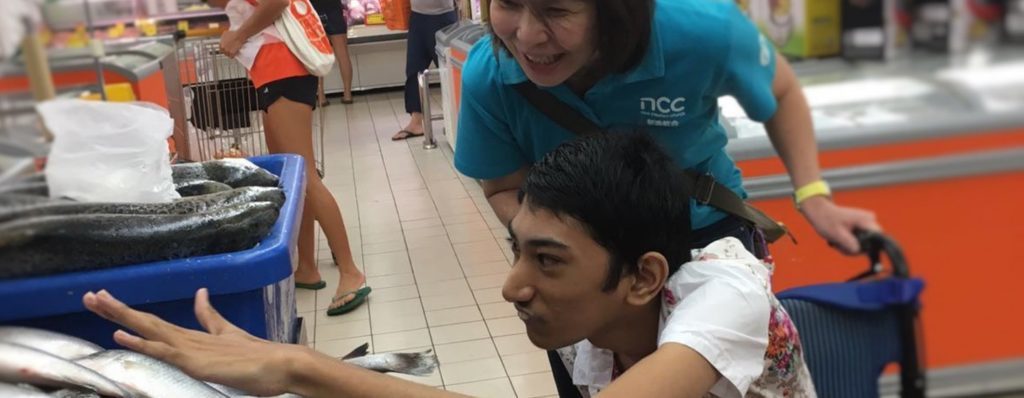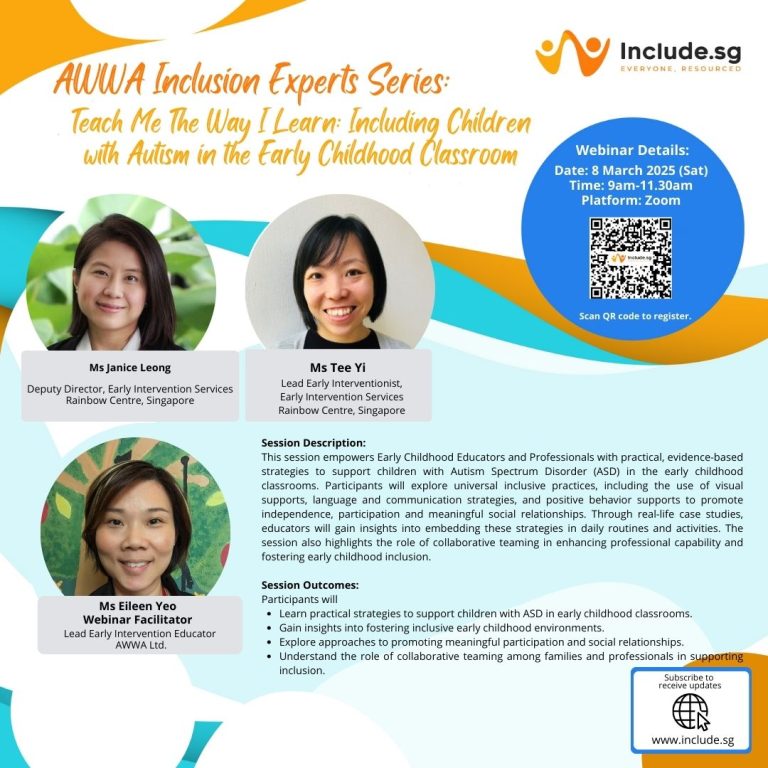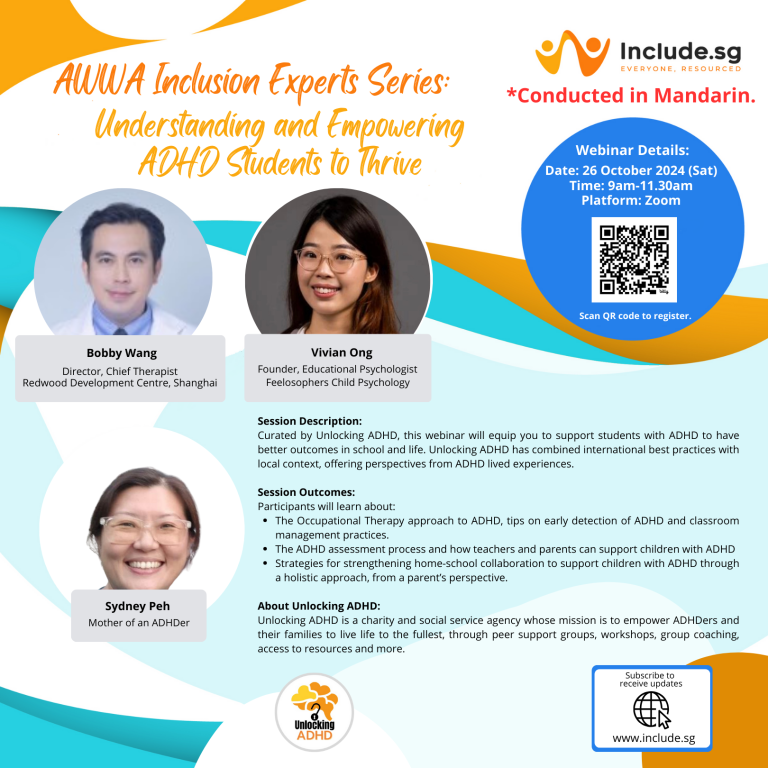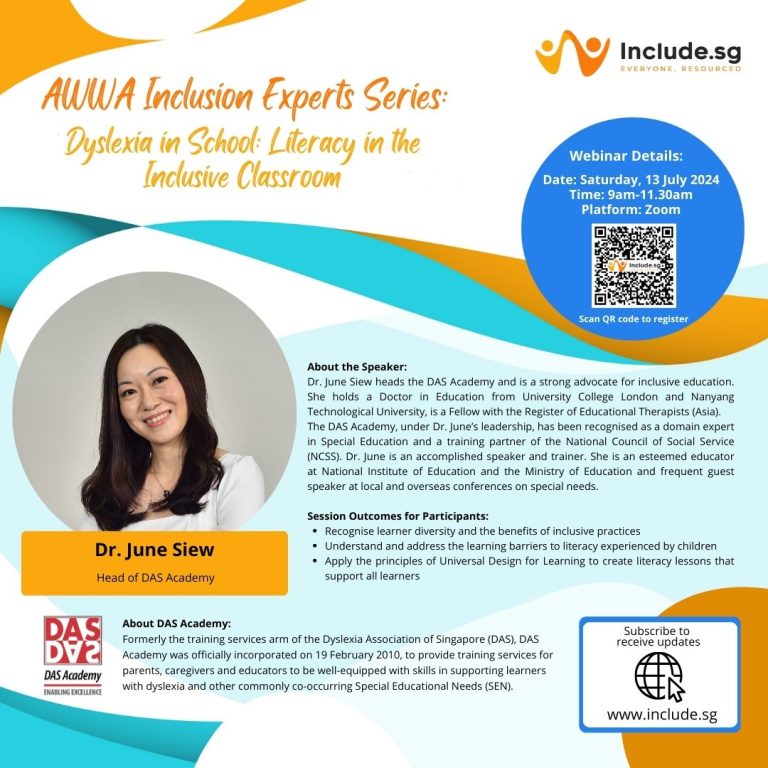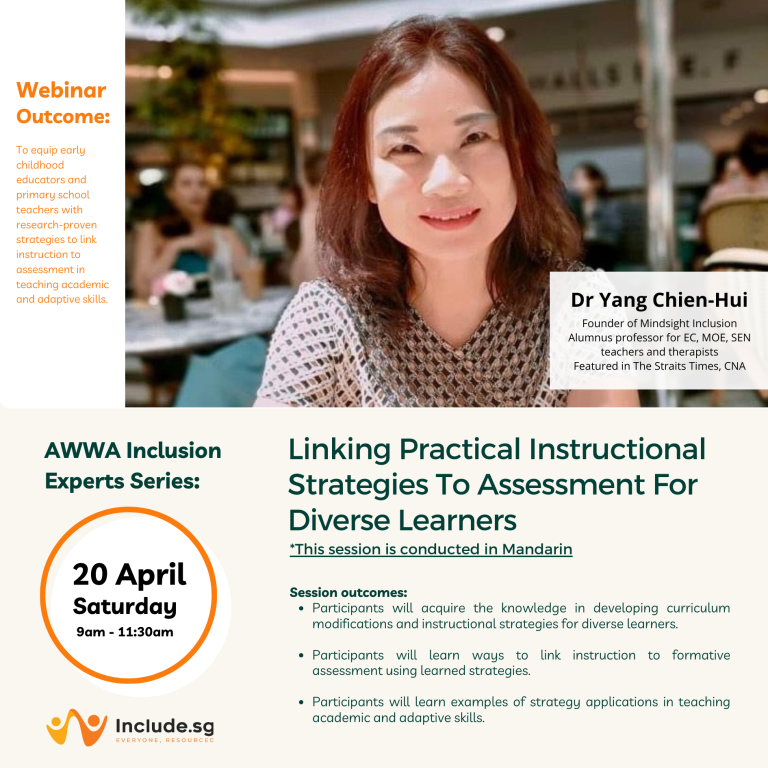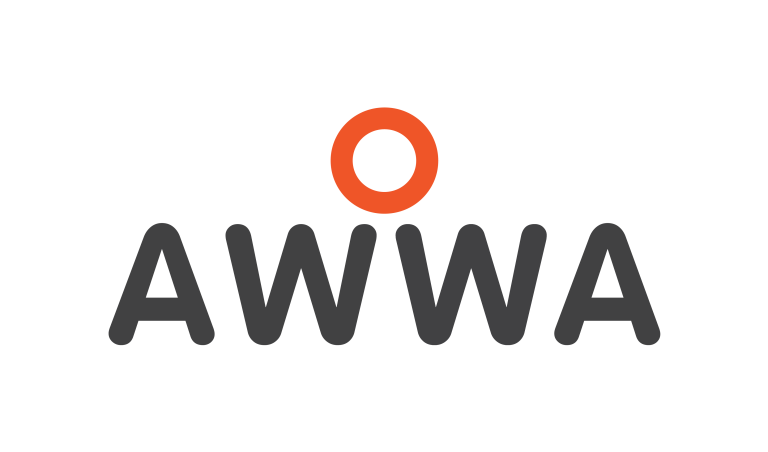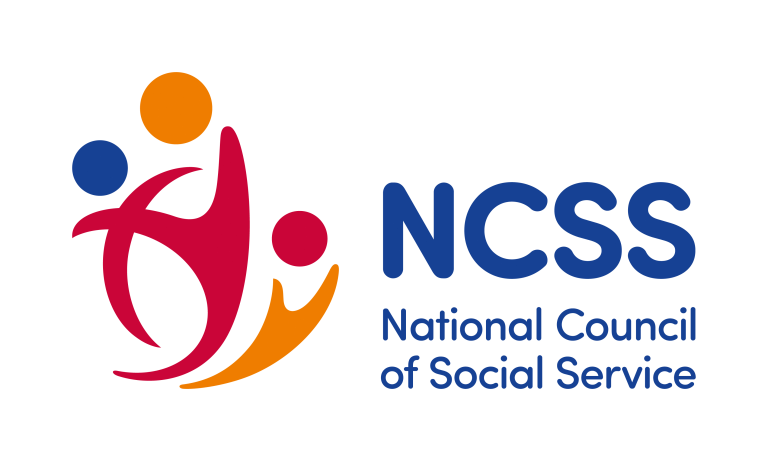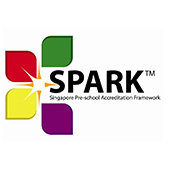Disabilities can come in many forms – physical, sensory processing, intellectual or a combination of the various types. Have you met a person with disabilities and felt like you did not know how to interact or react to him or her? Perhaps he or she could be your neighbour or someone you encountered on your way to work?
In the previous issue of AWWA Connect, we talked about calling for a perception change through inclusive education. In this issue, we would like to focus on inclusiveness for persons with disabilities in society.
In Singapore, there is no official central registry of persons with disability. The current data from government agencies estimates based on incident rates and service utilisation. There are about three percent of the resident population that have some form of disability and an estimated number of 77,200 persons with disabilities aged 18 and above.[1]
Many in society still feel uncomfortable or awkward when they meet a person with disabilities because they do not know what to say or do. Have you ever looked at it from a different perspective and wondered what it is like for a person with disabilities and caregivers of a person with disabilities? Wouldn’t you want to be treated like an equal?
It is because of the stigma society has put on persons with disabilities that some caregivers of a person with disabilities feel a sense of uneasiness bringing their loved one out into the community. These caregivers may even be under mental, emotional stress and may feel isolated.
How then do we break this stigma or perception that society has? The answer is awareness. Though disability awareness has increased slightly over the past year, it is still not enough. It is in knowing that we understand, it is in understanding that we accept.
We need to recognise persons with disabilities as our equals. Having a different set of challenges does not mean a different set of human rights. What society should be doing is celebrating abilities at large.
The next important thing would be education, the “know hows”. For example, how should we interact with a person with disabilities? How do we make them feel comfortable? How should we approach them?
Upon meeting them, it is always important to ask if they need any help or any form of assistance because they may not always need our help. Just like AWWA’s mission, it is important that our clients feel empowered to lead independent and dignified lives.
There is a thin line between sympathizing and empathizing. What we should be doing is to empathizing with them, understanding them but not be patronizing in any way.
We should also be aware of the words we use. It is important to view them as an equal and certain labels or words may not be appropriate for example, we do not use the term “disabled person” but it should be “persons with disabilities”.
Lastly, after the awareness and the education, we have to use the “pay it forward” concept of passing on the information and educating the people around us.
Society is made up of us individuals, it is up to us to make and create an environment that is accepting and inclusive. At AWWA, we advocate for inclusion by embedding it in the foundation of the various services starting from the very young to the youths, seniors, families and caregivers.
We all have our roles to play, be it as a country, an organisation or individual. Will you start today? Will you choose to be aware, choose to be educated and finally, will you choose to play the role of an advocate for persons with disabilities and for an inclusive society and pass on what you have learnt and understood?
[1] Extracted from Enabling Masterplan 2012-2016 Report by Ministry of Social and Family Development
